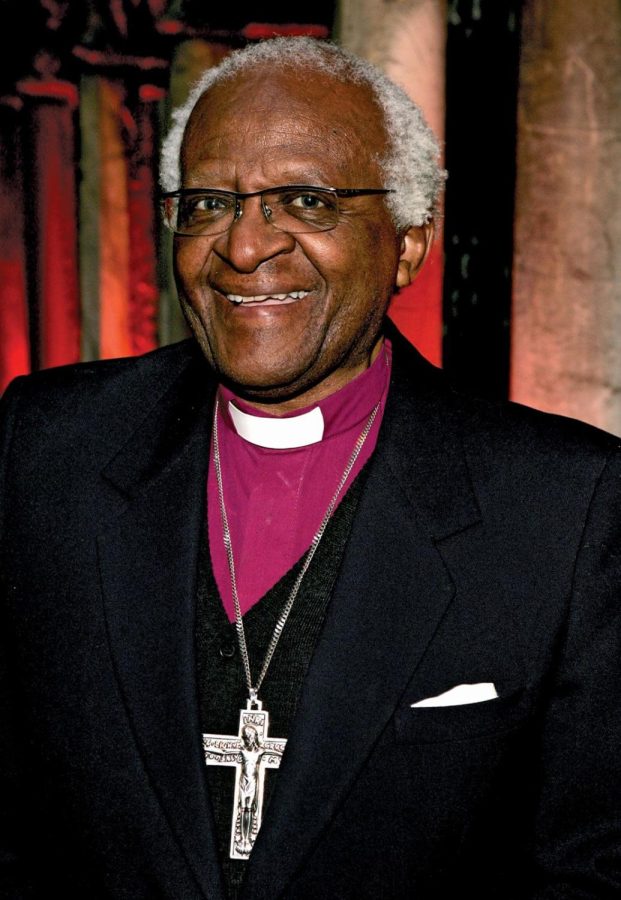Desmond Tutu and His Influence
March 1, 2022
Desmond Tutu was a South African bishop who was initially trained as a school teacher but then went into the field of theology after three years of being a high school teacher. He was an active protester and civil rights activist, as he was a lead spokesperson for the rights of African Americans in the 1980s.
In the 1990s, he continued to comment and encourage the furthering of rights in South Africa through comedic and heartfelt speeches and gatherings, enforcing the positivity that was desperately needed at the time.
Born on October 7th of 1931, he graduated from the University of South Africa in 1954 but fully became a clergyman in 1960. In 1984 he received the Nobel Peace Prize for his efforts of opposing the segregation and discrimination occurring in the country. In 1986, he was elected as the first Archbishop of Cape Town and in 1995, Nelson Mandela appointed Tutu as the head of the ‘‘Truth and Reconciliation Commission’’, which investigated the abuses of human rights. He retired from his primacy in 1996 and passed away on December 26th of 2021 at age 90. Located mostly in South Africa, he also was educated in the field of theology throughout the 1960s , went back to teach in South Africa, but then returned to England after three years.
Using his theological studies and teaching experience, he has gone around (predominantly) in England and South Africa teaching about human rights along with his theological teachings. He rose in influence by first becoming a lesser known priest, but going on to achieve notice once he served as an associate director of the World Council of Churches and grew from there. From his interactions with the notable Nelson Mandela to his efforts in assisting the civil rights movement occurring in South Africa, Tutu is one of the most important figures in Africa history who has been nearly unheard of (confirmed after one of my colleagues immediately asked who he was after the mention of his name).


